In the ever-evolving world of digital marketing, one undeniable force is reshaping how businesses engage with their audiences—Artificial Intelligence (AI). As tourism marketers, we must ask ourselves not if AI will impact our strategies, but how we can leverage it to create more impactful, personalized, and results-driven campaigns. At Eco Africa Digital, we specialize in digital marketing for tourism and hospitality, and we’ve been closely following the AI revolution. Inspired by insights...
What is SEO best practice in Digital Marketing for Tourism? Steps To Research & Implement Keywords
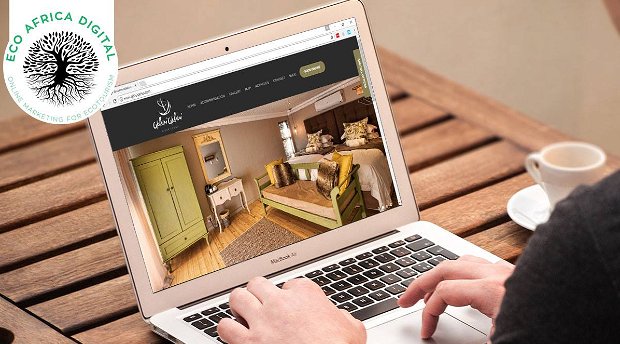
Search Engine Optimisation (SEO) is the practice of optimising your website for search engines. It is important, because it lies at the bottom of every single successful tourism booking that will ever be made on your website. Why is SEO so important? Because a website that is optimized for the Google Search Engine, will help the search engine to index your website much easier. And when it is properly indexed according to your most relevant products, the search engine can successfully match it with your most suitable potential guests.
This indexing happens according to “key words” that describe the product you offer and which enables the search engine to match your website with a keyword entered in your potential guest’s search.
SEO Keywords
SEO indexing happens according to keywords found on your website. Your potential client may be searching for “Best Honeymoon Safari in South Africa” and your goal is to make sure that the search engine has indexed your website for these words.
 The search sentence in this example contains quite a few words that are key to indicate what this person is looking for, thus the term “keywords”. The first keyword is “honeymoon”, the second one is “safari”, and the third one is “South Africa”. For this example, we will focus on the SEO keyword “honeymoon”.
The search sentence in this example contains quite a few words that are key to indicate what this person is looking for, thus the term “keywords”. The first keyword is “honeymoon”, the second one is “safari”, and the third one is “South Africa”. For this example, we will focus on the SEO keyword “honeymoon”.
Where should you add keywords when you are implementing SEO?
Start by installing an SEO widget (like Yoast) to your website’s backend. Then add your desired keyword to the following areas as indicated on your SEO widget:
- The section provided for keywords.
- The meta title.
- The URL (e.g. www.safarilodge.co.za/honeymoon)
- The Title
- The H1 (first header) and H2 (second header).
- The first sentence of the first paragraph.
- Later again in the text.
- The last sentence of your last paragraph.
- The ALT tag of your images.
Now that you know how to implement your keywords when you are optimising your tourism website for SEO, you may wonder:
How do I know which keywords to use when I optimise for SEO?
To solve this problem, you can go directly to Google Keyword Planner or Semrush. These are extremely useful tools, which help you to select the most relevant keywords among the list of possible terms available to describe your tourism product.

For example, if you type in your keyword “honeymoon” into the Google Keyword Planner, you will get results on various relating keyword options. You may find that “honeymoon safari” gets 1200 search results on Google from South Africa every month. But the keywords “Africa honeymoon” gets 3400 search results on Google from the UK every month. Based on these results, and knowing the location of your ideal target market, you can then select which keyword combination you want to focus on when implementing SEO for your tourism marketing.
For more digital marketing tips for tourism, view our other blogs below:
Further Reading
When Saruni Basecamp, a premier safari operator with 13 luxury lodges and camps across Kenya, approached Eco Africa Digital, their goal was clear: drive more direct bookings and increase engagement from international audiences. Four months into their digital marketing campaigns, we’re thrilled to share the transformative results achieved, setting a benchmark for success in the tourism and hospitality industry.
In today's competitive tourism market, it’s not enough to simply have a beautiful website or offer unforgettable experiences. The majority of travelers — over 90% — start their search for vacations and tours online, and if your business isn’t visible in those search results, you’re missing out on potential bookings. That’s where Google Ads comes in
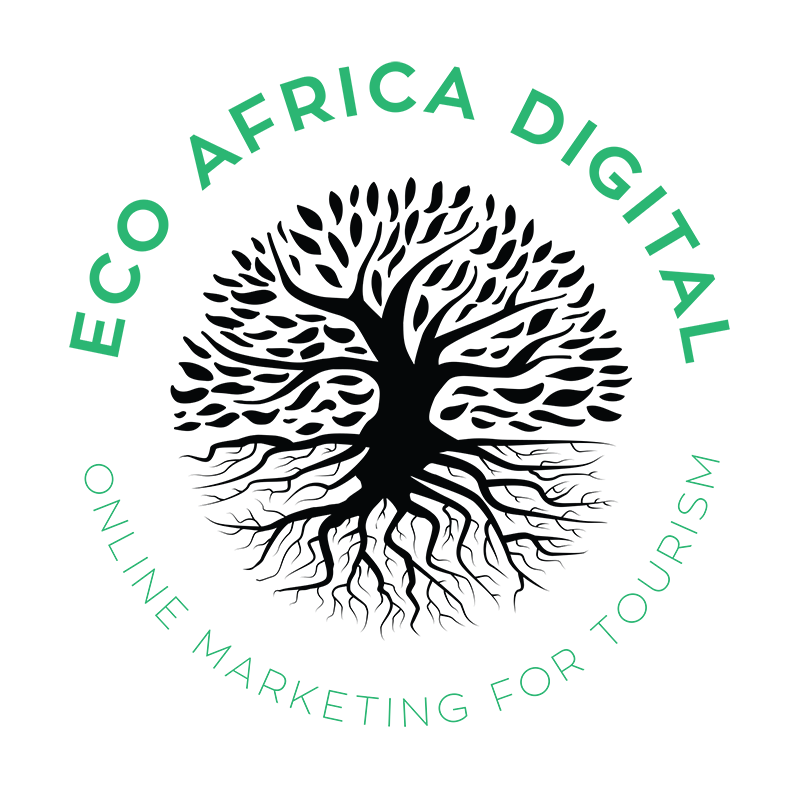

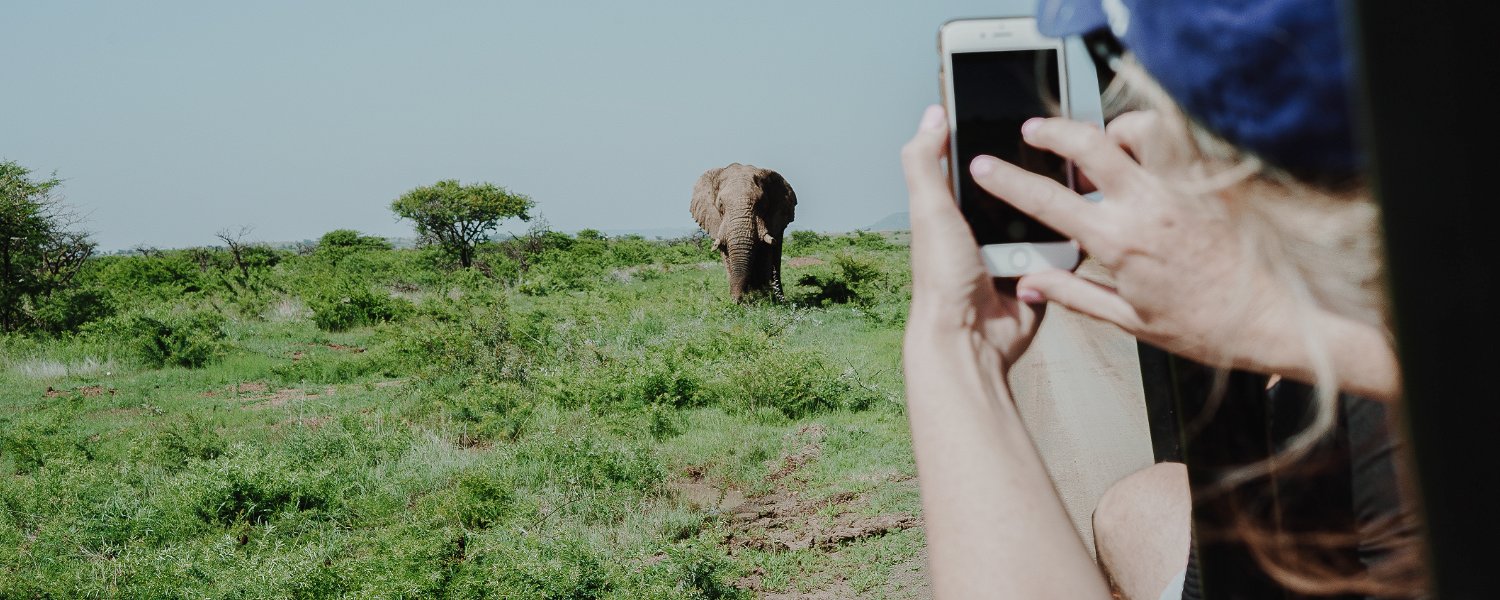




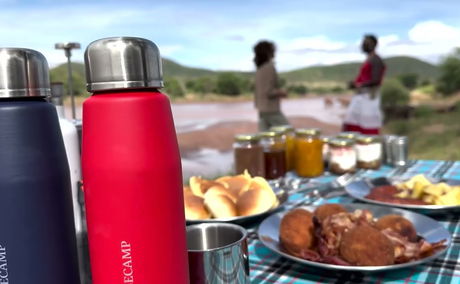
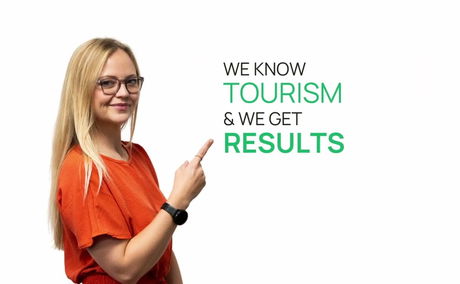
Share This Post